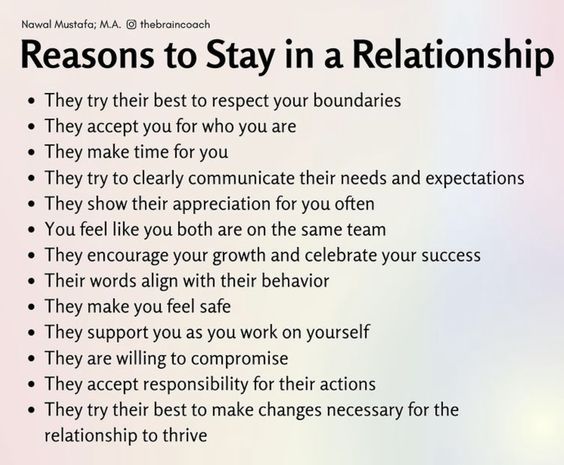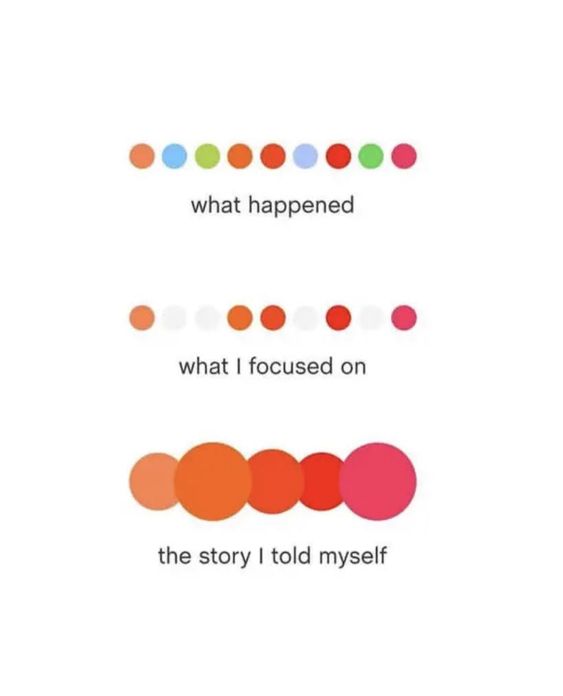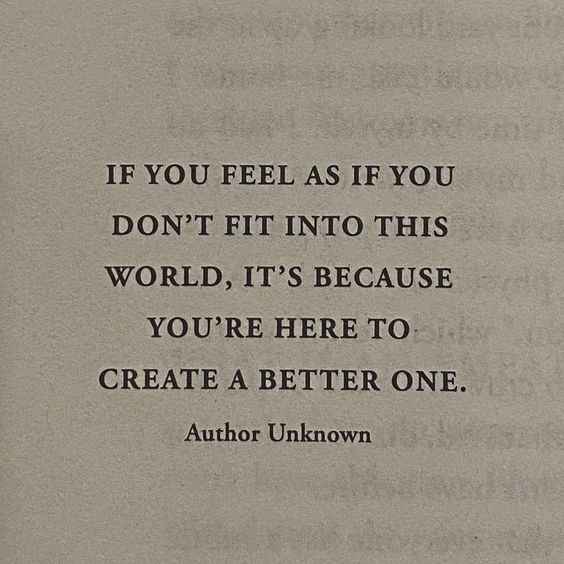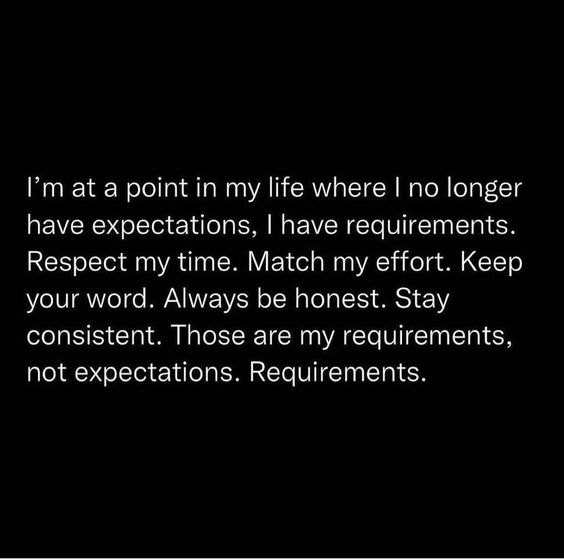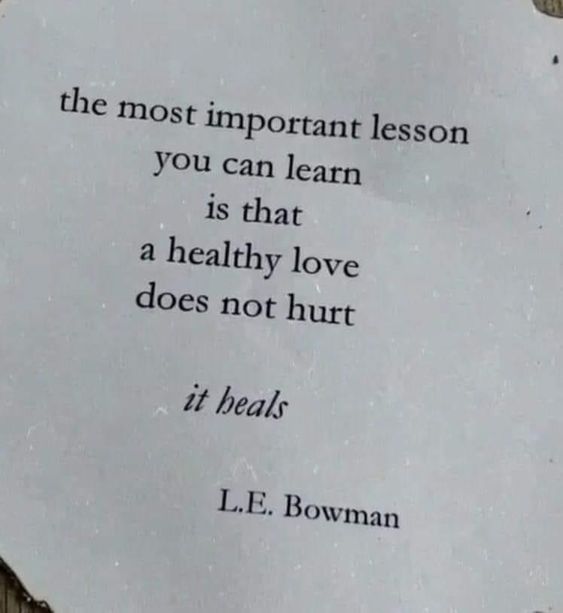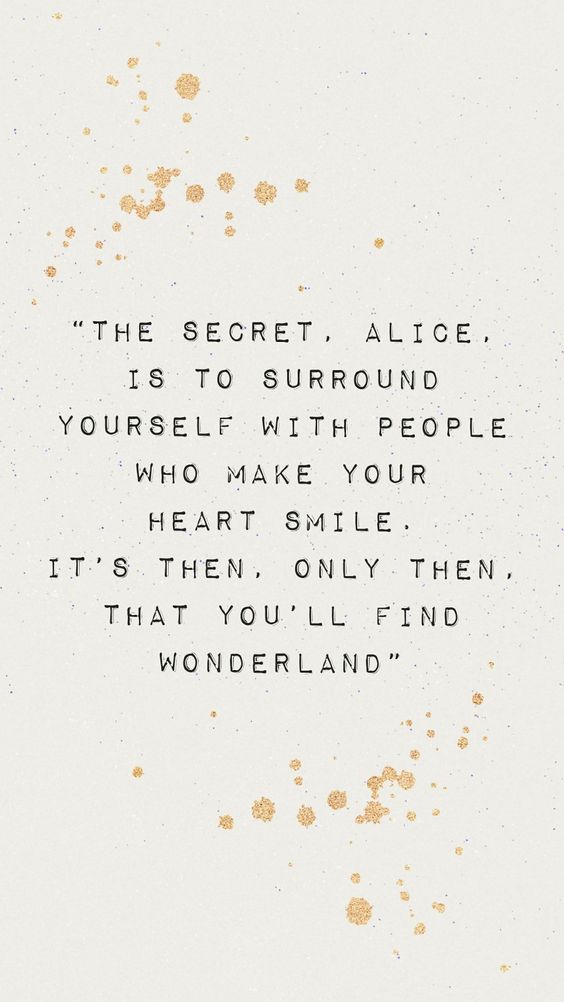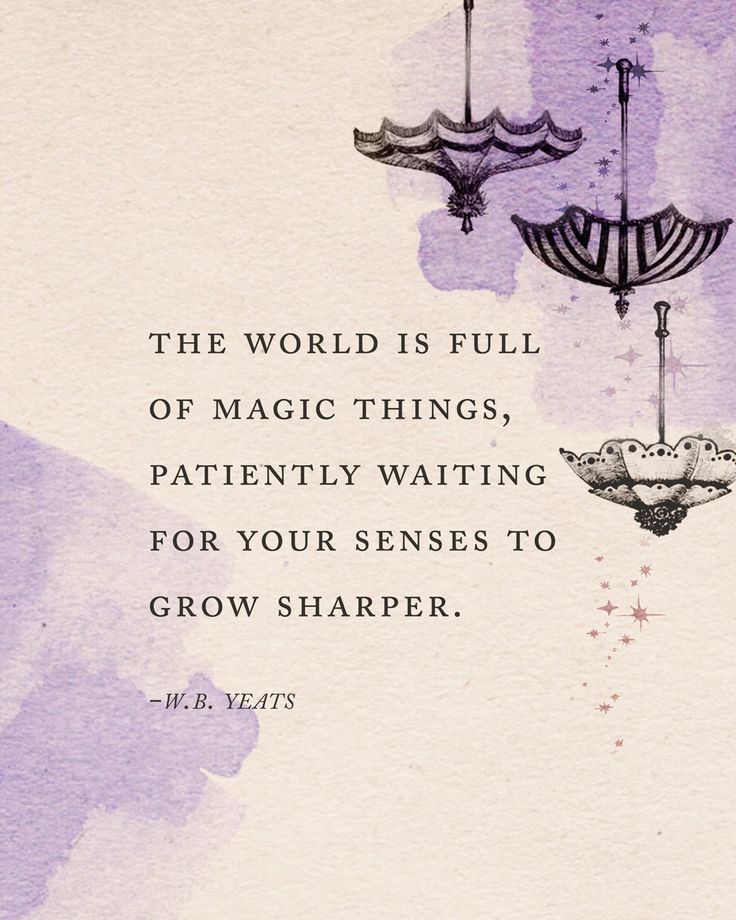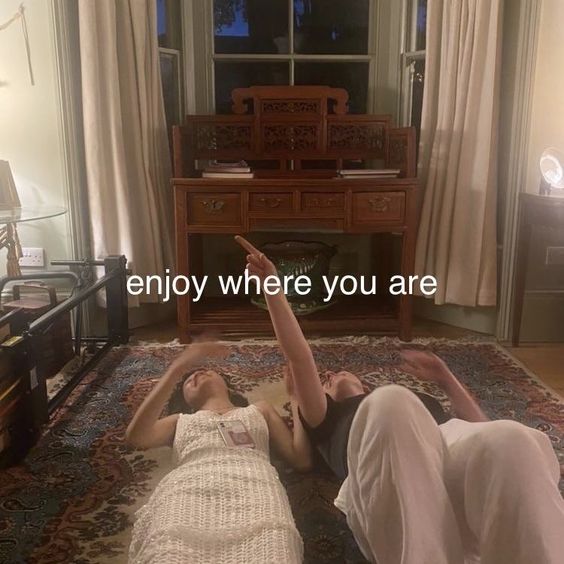“We carry our burdens all the time; we never die to them, we never leave them behind. It is only when we give complete attention to a problem and solve it immediately—never carrying it over to the next day, the next minute—that there is solitude. Then, even, if we live in a crowded house or are in a bus, we have solitude. And that solitude indicates a fresh mind, an innocent mind.”
J. Krishnamurti, Freedom From The Known (Page 106)
“If one wants to see a thing very clearly, one’s mind must be very quiet, without all the prejudices, the chattering, the dialogue, the images, the pictures—all that must be put aside to look.”
J. Krishnamurti, Freedom From The Known (Page 103)
“There is a story of a religious teacher who used to talk every morning to his disciples. One morning he got on to the platform and was just about to begin when a little bird came and sat on the window sill and began to sing, and sang away with full heart. Then it stopped and flew away and the teacher said, ‘The sermon for this morning is over.'”
J. Krishnamurti, Freedom From The Known (Page 89)
“Having lost touch with nature we naturally tend to develop intellectual capacities. We read a great many books, go to a great many museums and concerts, watch television and have many other entertainments. We quote endlessly from other people’s ideas and think and talk a great deal about art. Why is it that we depend so much upon art? Is it a form of escape, of stimulation? If you are directly in contact with nature; if you watch the movement of a bird on the wing, see the beauty of every movement of the sky, watch the shadows on the hills or the beauty on the face of another, do you think you will want to go to any museum to look at any picture? Perhaps it is because you do not know how to look at all the things about you that you resort to some form of drug to stimulate you to see better.”
J. Krishnamurti, Freedom From The Known (Page 89)
“Sadness is ugly because of our rejection of it; it is not ugly in itself. Once you accept it, you will see how beautiful it is, how relaxing, how calm and quiet, how silent. It has something to give that happiness can never give. Sadness gives depth.”
Osho, Everyday Osho (Page 167)
“If your eyes are blinded with your worries, you cannot see the beauty of the sunset.”
J. Krishnamurti, Freedom From The Known (Page 88)
“When there is love and beauty, whatever you do is right, whatever you do is in order. If you know how to love, then you can do what you like because it will solve all other problems.”
J. Krishnamurti, Freedom From The Known (Page 86)
“Fear is not love, dependence is not love, jealousy is not love, possessiveness and domination are not love, responsibility and duty are not love, self-pity is not love, the agony of not being loved is not love, love is not the opposite of hate any more than humility is the opposite of vanity. So if you can eliminate all these, not by forcing them but by washing them away as the rain washes the dust of many days from a leaf, then perhaps you will come upon this strange flower which man always hungers after.”
J. Krishnamurti, Freedom From The Known (Page 85)
“Most of us are frightened of dying because we don’t know what it means to live. We don’t know how to live, therefore we don’t know how to die. As long as we are frightened of life we shall be frightened of death. The man who is not frightened of life is not frightened of being completely insecure for he understands that inwardly, physiologically, there is no security. When there is no security there is an endless movement and then life and death are the same. The man who lives without conflict, who lives with beauty and love, is not frightened of death because to love is to die.”
J. Krishnamurti, Freedom From The Known (Page 73)
“Problems exist only in time, that is when we meet an issue incompletely. This incomplete coming together with the issue creates the problem. When we meet a challenge partially, fragmentarily, or try to escape from it that is, when we meet it without complete attention—we bring about a problem. And the problem continues so long as we continue to give it incomplete attention, so long as we hope to solve it one of these days.“
J. Krishnamurti, Freedom From The Known (Page 73)
